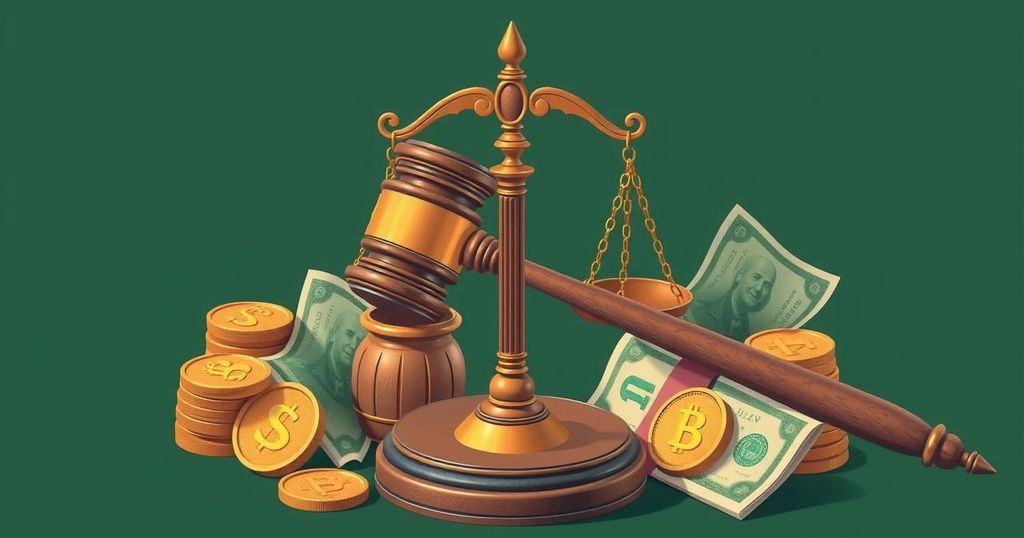- Brazil’s Supreme Court supports Lula’s tax increase on Financial Operations Tax.
- The court removed the proposed tax increase on forfait payments as part of the decree.
- The finance ministry estimates a potential revenue boost of 12 billion reais in 2025.
- The decision is expected to bolster government finances across various financial transactions.
- Lula’s administration faces pressures as economic stabilization efforts continue.
Supreme Court Ruling Marks a Key Momentum for Lula
Brazil’s Supreme Court has given a significant green light to President Luiz Inacio Lula da Silva’s controversial tax measures. The court upheld a presidential decree that raises the Financial Operations Tax (IOF), which is a vital revenue source for the government. However, the court did slice off the proposed increase on forfait payments, which are advance payments made to suppliers that were previously classified as credit operations. Judge Alexandre de Moraes made this decision, fascinatingly allowing other tax hikes in the decree to go ahead while trimming this specific element. The government had faced considerable pushback from Congress, leading to this case being escalated to the highest court in Brazil.
Financial Gains Expected Despite Forfait Tax Exemption
The decree is seen as a powerhouse for financial revenue, with the finance ministry estimating substantial gains. Initially, the ministry projected that the full implementation would bring in around 12 billion reais throughout 2025, and a staggering 31 billion reais by 2026. Although the exclusion of the forfait tax hike means the loss of about 450 million reais this year alone, the long-term gains from other transactions could significantly outweigh this. Transactions across various sectors such as credit, foreign exchange, and private pensions are poised to see increased taxes, which should bolster government finances. In light of the court’s decision, the finance ministry expressed hope that this ruling might help balance the powers between different government branches.
Implications for Brazil’s Economy and Political Future
This legal tussle comes at a critical time for Brazil as it tries to stabilize its economy while facing various challenges. The impact of this ruling could be far-reaching, establishing a precedent for future tax decisions and the relationship between the judiciary and the executive branch. Lula’s administration aims to consolidate its fiscal strategy and the provision of adequate public services, and this tax hike is part of that larger picture. As reforms unfold, it will be essential to monitor both the economic indicators and the political climate to foresee how these changes will affect the average Brazilian citizen. With the Supreme Court backing significant tax increases, it seems Lula is paving the way for a new chapter in Brazil’s financial landscape.
The Brazilian Supreme Court’s decision to uphold President Lula’s tax decree, while excluding the forfait payment increase, is significant for the government’s financial aims. The ruling is meant to bring in sufficient revenue while also attempting to balance power among governmental branches. While the exemption means a short-term loss, the broader financial strategy could lead to substantial gains down the line, shaping not just economic strategies but also political dynamics in the country.






